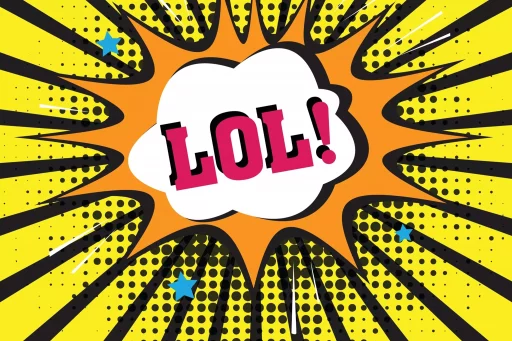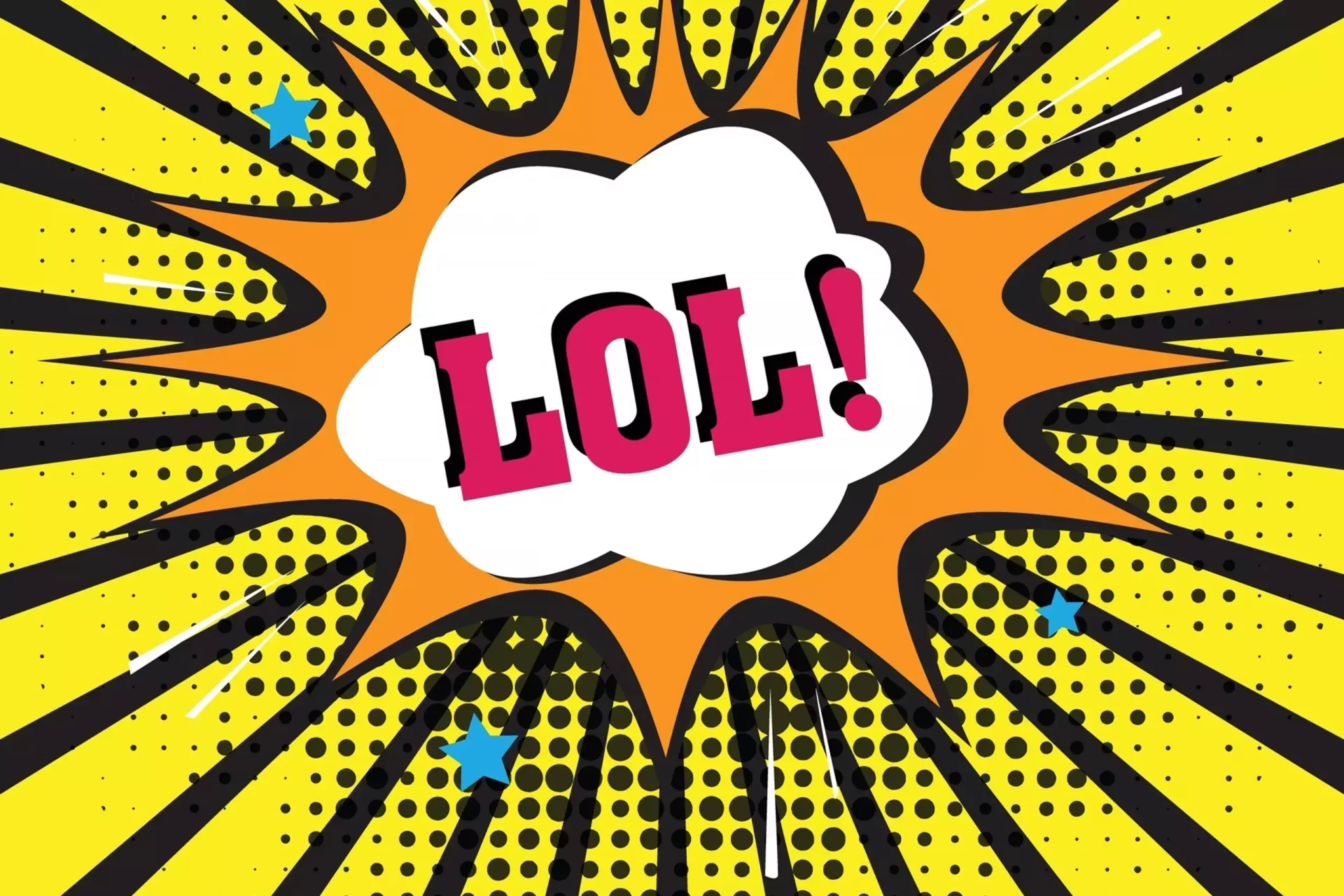Introduction to Urban Dictionary
Urban Dictionary is a crowdsourced online dictionary that focuses on slang, pop culture, and contemporary language. It’s a platform where users can submit their interpretations of words and phrases, providing a fresh perspective that often contrasts with traditional dictionaries. One such term that has garnered attention is “romp.” This article will explore the various meanings of “romp,” its usage in different contexts, and how it has evolved in contemporary discourse.
Defining ‘Romp’
The word “romp” traditionally refers to playful or energetic activities, often associated with children or animals. However, in Urban Dictionary, the term encapsulates a wider range of meanings. Here are some key interpretations:
- Physical Play: Engaging in playful and energetic activity, such as children playing together.
- Casual Sexual Encounter: Often used to refer to a fun, light-hearted, and non-serious sexual experience.
- A Hilarious Situation: Sometimes used to describe a situation that is amusing or ridiculous.
Popular Examples of ‘Romp’
To better understand the term, let’s consider a few examples of how it is used in different contexts:
- In the context of play: “The dogs had a romp at the park, chasing each other and playing fetch all afternoon.” This usage highlights the playful interaction between animals.
- In a sexual context: “They decided to have a casual romp after their night out, keeping it light and fun.” This indicates a carefree sexual encounter without emotional attachment.
- In a humorous context: “The meeting turned into a complete romp after the coffee machine broke down, leading to chaotic laughter and storytelling.” Here, ‘romp’ is used to characterize a humorous situation.
Case Studies: Social Media and ‘Romp’
Social media has amplified the usage of terms like “romp,” allowing users to share experiences and interpretations that contribute to the evolving language landscape. Below are a couple of case studies where the usage of romp has flourished:
Case Study 1: Twitter Trends
On platforms like Twitter, users often hashtag phrases that include “romp.” For instance, during a popular event such as spring break, tweets might circulate with phrases like, “Join us for a romp at the beach!” This trend highlights the playful essence of the word and connects people looking for leisure activities.
Case Study 2: Memes and Pop Culture
Memes have also contributed to the popularization of the term. A meme depicting a chaotic family picnic might caption it with the phrase, “Just a typical romp with the family!” This visual representation of the word showcases its adaptability in various contexts, from familial playfulness to humorous situations.
Statistics on Urban Dictionary Usage
According to a study conducted in 2022, Urban Dictionary recorded over 12 million entries, with millions of monthly visitors seeking definitions for modern slang. Notably:
- Over 65% of users are aged between 18 and 34, indicating a younger demographic is actively shaping and using these slang terms.
- 70% of submissions define terms related to pop culture, demonstrating the influence of current events and trends on language.
- Specific terms like “romp” typically generate between 1,000 to 5,000 views per month, showcasing its relevance in everyday conversations.
Conclusion
The term “romp” serves as an excellent example of how language evolves in contemporary society, particularly through the lens of Urban Dictionary. From playful activities to casual encounters, the versatility of the term allows it to fit into various contexts seamlessly.
As language continues to evolve, platforms like Urban Dictionary will remain essential for understanding the changing dynamics of communication, reflecting the creativity and humor prevalent in today’s society.


